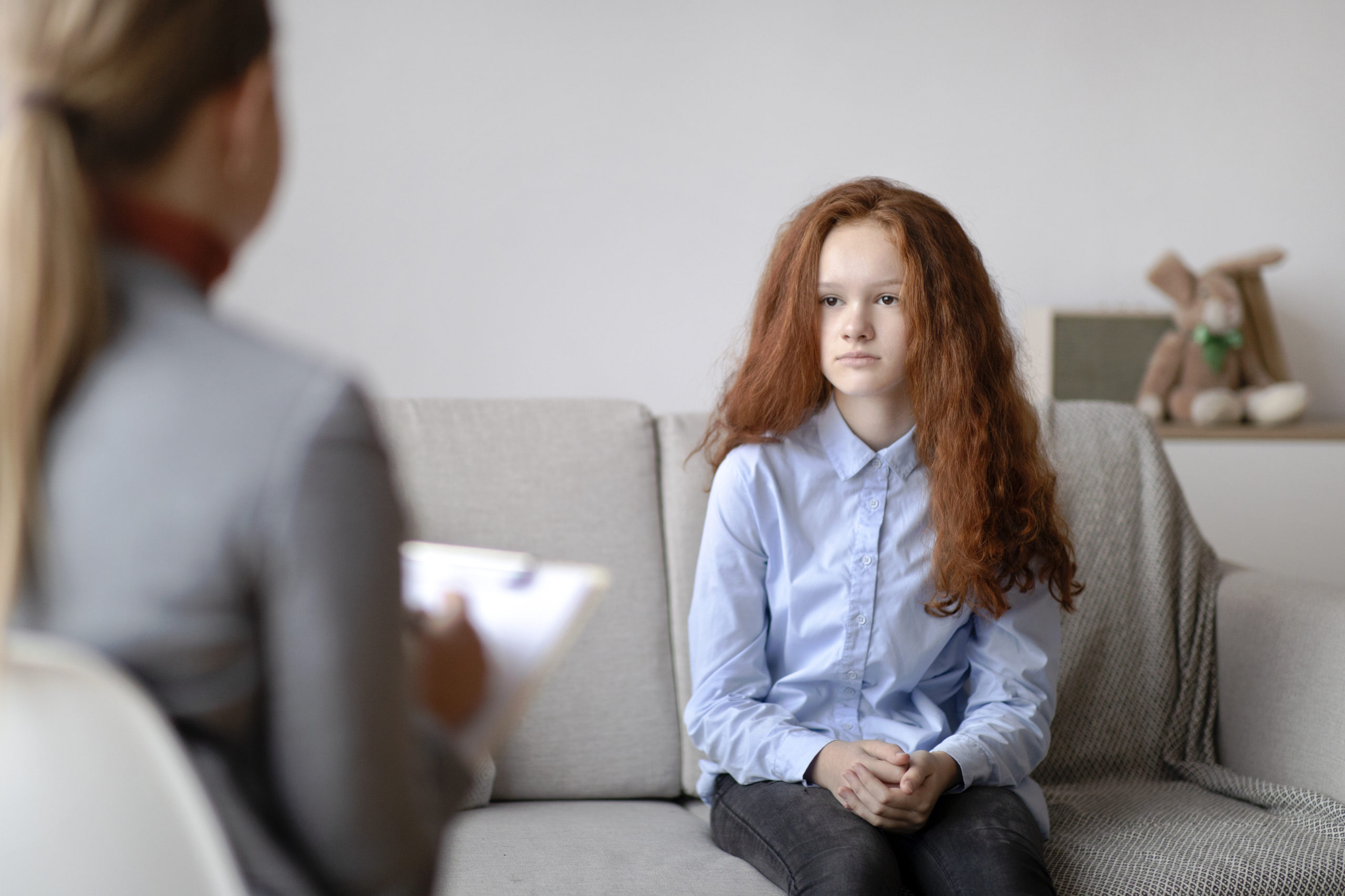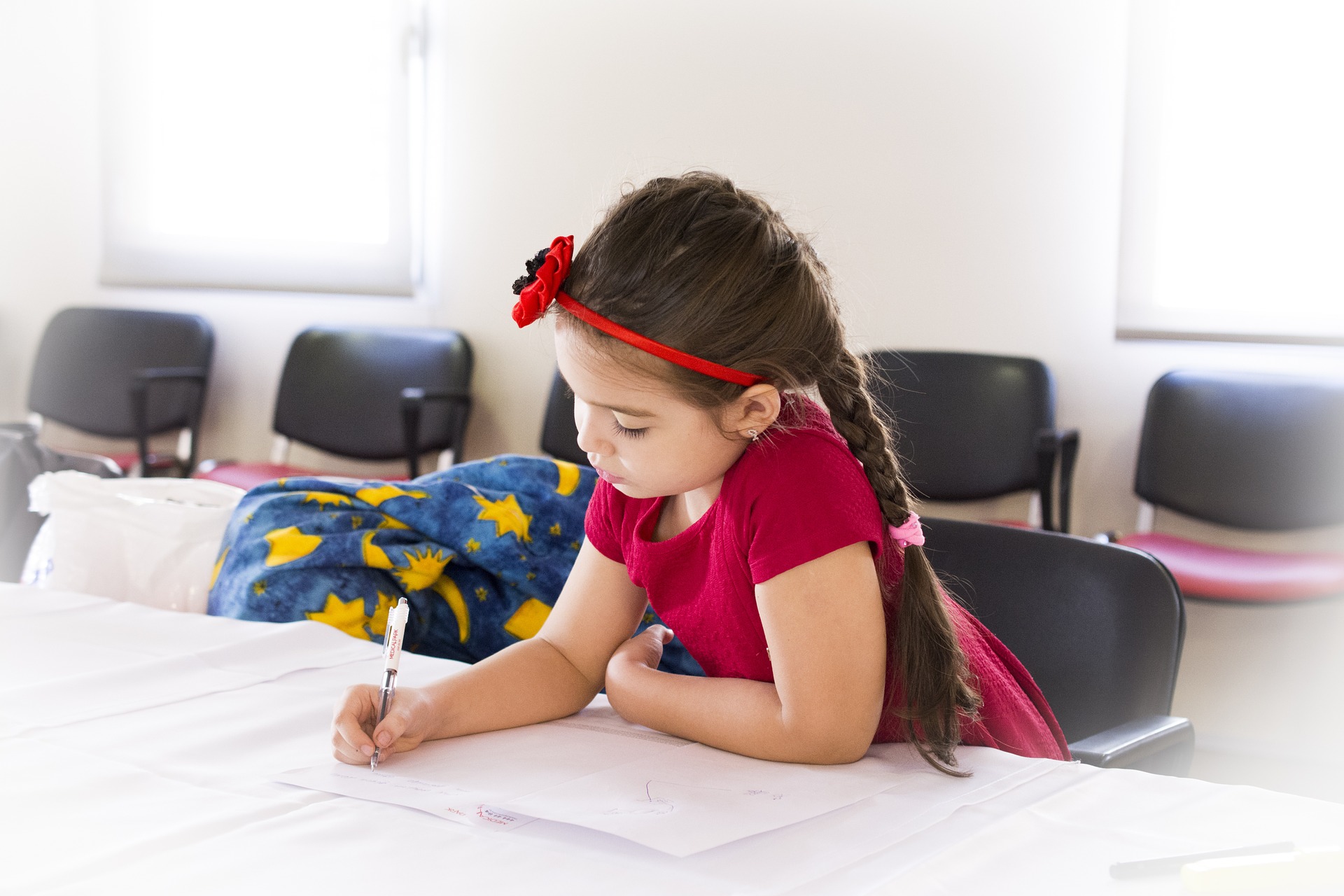In delivering professional development to teachers working with vulnerable pupils it is clear that post Covid pandemic that there are even more pupils in need of emotional support in our schools than before. Teachers are reporting how some pupils are finding it difficult to settle back in the classroom and some are anxious to be back in school at all.
Providing emotional support while also doing the main job of schools i.e. to deliver the curriculum can be a challenge for educational professionals. One way this can be done is to bring more psychological mindedness into the school environment.
So what is psychological mindedness in education?
Psychological mindedness in education draws on the knowledge and learning developed by psychological schools of thought and applies them in an appropriate and an emotionally safe manner in schools. One of the psychological concepts/techniques that can be usefully transferred to the education environment is Active Listening.
Active Listening as a workplace counselling tool
Developed initially as part of person -centred counselling developed by Carl Rogers, Active Listening is now widely used as a workplace counselling tool in both the helping professions and business management. It helps individuals to feel they have really been heard. In school it can usefully be used with anxious parents, pupils or staff to help them feel listened to and that their views have been taken into account. It can also be used within the actual teaching process itself.
What is Active Listening?
Active listening involves giving full attention to the speaker in a way that shows real interest and understanding of what is being communicated. Active listeners provide verbal and non-verbal responses to show they have been listening and thought about what has been said.

I wonder if you are feeling…
I imagine you feel…
You seem to be feeling…
Perhaps you might be feeling…
It sounds as if you are feeling…
Examples of tentative responses
Non-judgemental verbal responses
It’s important that when we reflect back what someone has said that we don’t appropriate their feelings by, for instance, responding with You must be feeling. If the person is not quite sure what they’re feeling – and particularly if it is a child – they may then think that perhaps that ‘must’ be what they are feeling. Instead we use what are called tentative or non-judgemental responses that begin with one of the following openers:
I wonder if you are feeling…
I imagine you feel…
You seem to be feeling…
Perhaps you might be feeling…
It sounds as if you are feeling…
In this way the individual can agree or disagree with the reflection.
I remember reflecting to a child about his picture of a giraffe in a small hut with “ I wonder if the giraffe is feeling a bit trapped. The child responded by saying, “No, he feels really safe in there”. If I had reflected with a ‘must’ instead of ‘I wonder’ the child might have responded differently.
Active Listening in Therapeutic Storywriting
Therapeutic Storywriting groups work with groups of 6 pupils and use story metaphor to help pupils process difficult feelings. For pupils who have experienced difficult or traumatic events it may be difficult to speak about them directly – and it would clearly not be appropriate for them to discuss such matters in a group. The teacher leading the group will however use Active Listening to reflect back the feelings of the characters using the tentative openers mentioned above.
I worked with a 10 year-old girl who was a selective mute and had clearly experienced some trauma. She had been referred to CAMHS but after 2 or 3 sessions her sessions ended as the therapist said she would not speak to him. However, after a few weeks attending a Therapeutic Storywriting group she wrote about a gingerbread who was being eaten up by an intruder and therefore unable to speak. I was able to use active listening with comments such as “I imagine that was really terrifying for the gingerbread’. In this way I could show empathy – not directly towards the pupil but through empathic active listening comments about her story character. The girl gradually wrote longer and longer stories and eventually spoke in the end of term assembly.
Training
Active Listening is s a skill that can be learnt and developed although it requires practice.
To receive training schools should contact their local Education Psychology Service who should be able to either deliver training in Active Listening or point you in the right direction.

